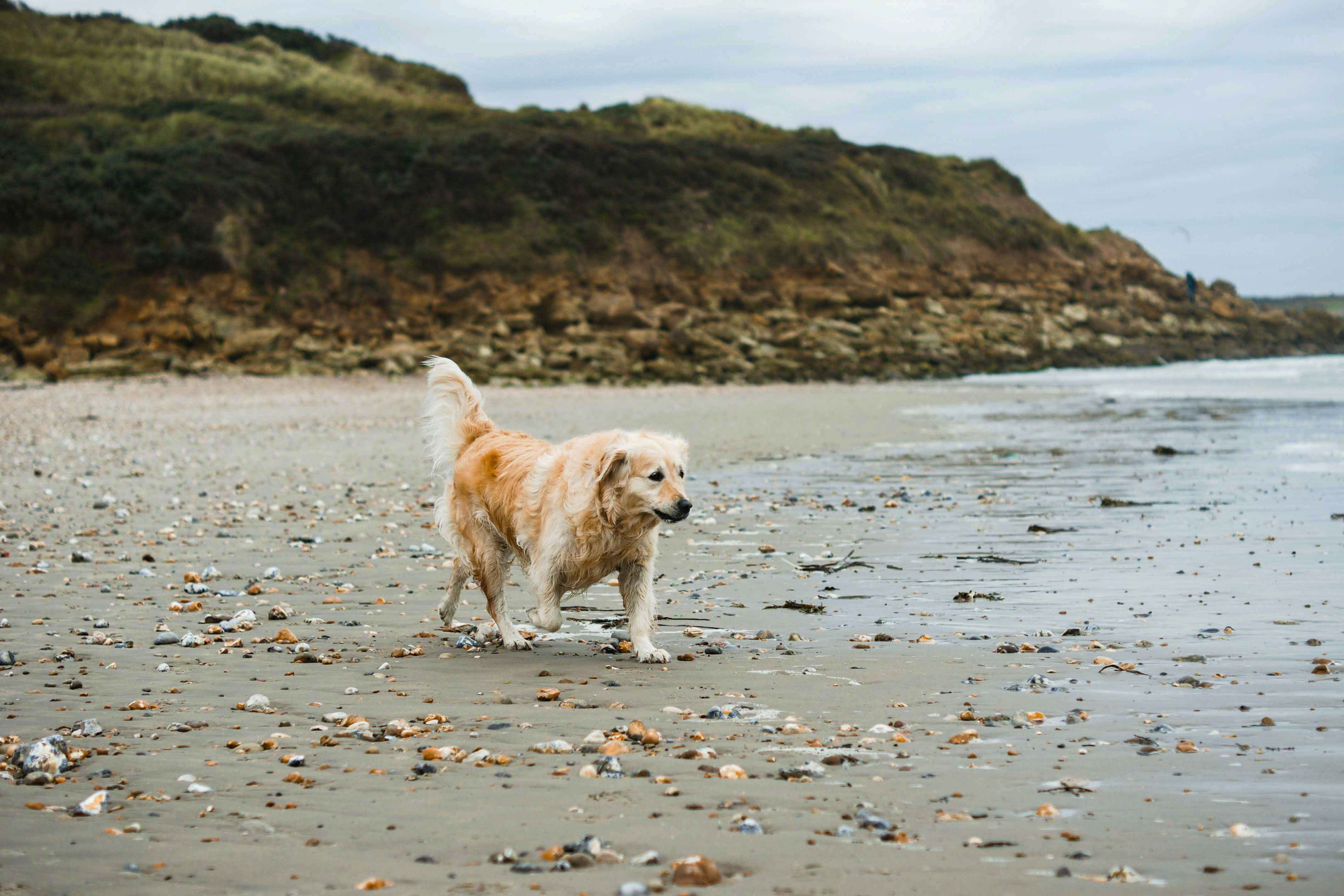Border Collies are known for their remarkable intelligence, athleticism, and unwavering loyalty to their owners. While they are generally healthy dogs, like any other breed, they are not immune to health issues. One such issue that can affect Border Collies is liver cancer. Liver cancer in dogs is a serious condition that can lead to a range of symptoms, including loss of appetite, weight loss, and lethargy. In this blog post, we will explore the risk of liver cancer in Border Collies, its causes, symptoms, and prevention strategies to help you keep your furry friend healthy and happy for years to come.
Border Collies and Liver Cancer: Understanding the Risk and Prevention Strategies
Border Collies are popular dogs known for their intelligence, agility, and loyalty. However, like all animals, they are susceptible to various health problems, including liver cancer. Liver cancer is a serious condition that can affect any dog breed, including Border Collies. In this blog post, we will discuss the risk factors for liver cancer in Border Collies, how to prevent it, and what to do if your dog is diagnosed with it.
What is Liver Cancer?
Liver cancer is a type of cancer that occurs when cells in the liver grow out of control. The liver is an essential organ that plays a vital role in metabolism, digestion, and detoxification. When cancer cells develop in the liver, they interfere with its normal function, leading to various health problems.
Types of Liver Cancer
There are two main types of liver cancer that can affect Border Collies:
1. Hepatocellular Carcinoma (HCC)
Hepatocellular carcinoma is the most common type of liver cancer in dogs. It occurs when cancer cells develop in the cells that make up the liver’s main tissue. HCC is more common in older dogs and is often associated with chronic liver disease.
2. Cholangiocarcinoma
Cholangiocarcinoma is a less common type of liver cancer that affects the bile ducts. It occurs when cancer cells develop in the cells that line the bile ducts, which are responsible for transporting bile from the liver to the small intestine.
Risk Factors for Liver Cancer in Border Collies
Several factors can increase the risk of liver cancer in Border Collies, including:
1. Age
Liver cancer is more common in older dogs, and Border Collies are no exception. Dogs over the age of eight are more likely to develop liver cancer than younger dogs.
2. Gender
Female Border Collies are more likely to develop liver cancer than male Border Collies.
3. Genetics
Some dog breeds, including Border Collies, are genetically predisposed to liver cancer. If your Border Collie has a family history of liver cancer, they may be at an increased risk.
.jpg)
4. Exposure to Toxins
Exposure to toxins can increase the risk of liver cancer in Border Collies. Toxins such as pesticides, herbicides, and chemicals found in cleaning products can damage the liver and increase the risk of cancer.
5. Chronic Liver Disease
Dogs with chronic liver disease, such as cirrhosis or hepatitis, are at an increased risk of developing liver cancer.
Prevention Strategies for Liver Cancer in Border Collies
While you cannot completely eliminate the risk of liver cancer in your Border Collie, there are several things you can do to reduce the risk:
1. Regular Check-Ups
Regular check-ups with your veterinarian can help detect any signs of liver disease or cancer early on. Early detection increases the chances of successful treatment.
2. Vaccinations
Make sure your Border Collie is up-to-date on all their vaccinations, as some viruses, such as the hepatitis virus, can increase the risk of liver cancer.
3. Healthy Diet and Exercise
A healthy diet and regular exercise can help keep your Border Collie’s weight in check and reduce the risk of obesity. Obesity is a risk factor for many health problems, including liver cancer.
4. Avoid Toxins
Limit your Border Collie’s exposure to toxins by using natural cleaning products, avoiding pesticides and herbicides, and keeping your dog away from toxic plants.
5. Regular Liver Function Tests
Regular liver function tests can help detect any liver problems early on. If your Border Collie has a history of liver disease or is at an increased risk of liver cancer, your veterinarian may recommend regular liver function tests.
What to Do if Your Border Collie is Diagnosed with Liver Cancer
If your Border Collie is diagnosed with liver cancer, it is essential to seek treatment as soon as possible. The treatment options for liver cancer in dogs include surgery, chemotherapy, and radiation therapy. The best course of treatment will depend on the type and stage of cancer, as well as your dog’s overall health.
Overall, liver cancer is a serious condition that can affect Border Collies. While you cannot completely eliminate the risk of liver cancer, you can take steps to reduce the risk. Regular check-ups, vaccinations, a healthy diet, and exercise, avoiding toxins, and regular liver function tests can all help reduce the risk of liver cancer in your Border Collie. If your dog is diagnosed with liver cancer, seek treatment as soon as possible. Early detection and treatment can increase the chances of a successful outcome.
In conclusion, Border Collies are amazing dogs that bring so much joy and love to our lives. However, they are also prone to developing liver cancer. It is important to understand the risk factors associated with this disease and take preventative measures to keep our furry friends healthy. By providing a well-balanced diet, regular exercise, and frequent visits to the vet, we can ensure our Border Collies live long and happy lives. Remember, early detection and treatment are key to fighting liver cancer, so stay vigilant and keep an eye out for any potential symptoms. Together, we can help our beloved Border Collies stay healthy and cancer-free.


.jpg)
.jpg)
.jpg)
%20-%20Copy.jpg)
%20-%20Copy.jpg)

